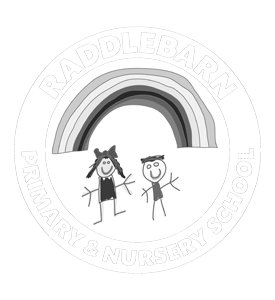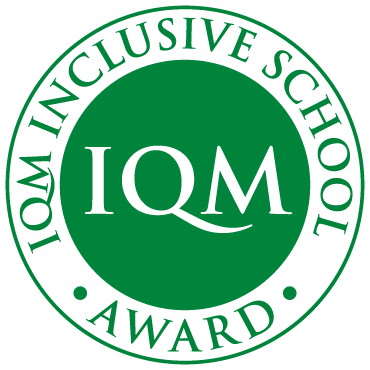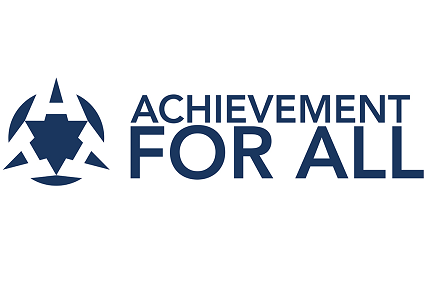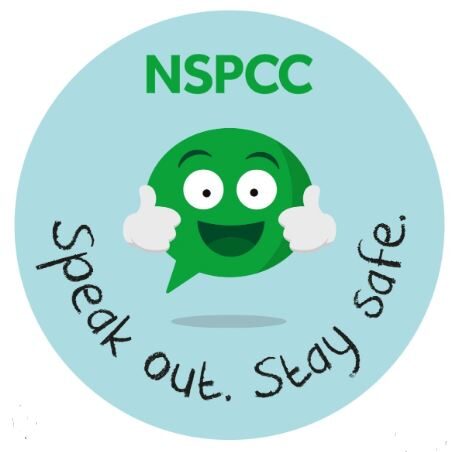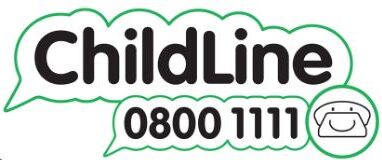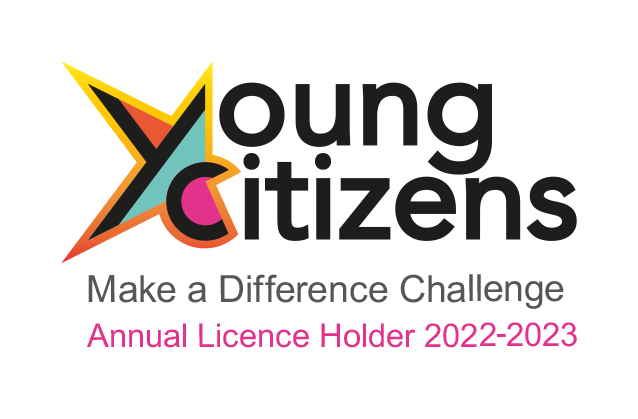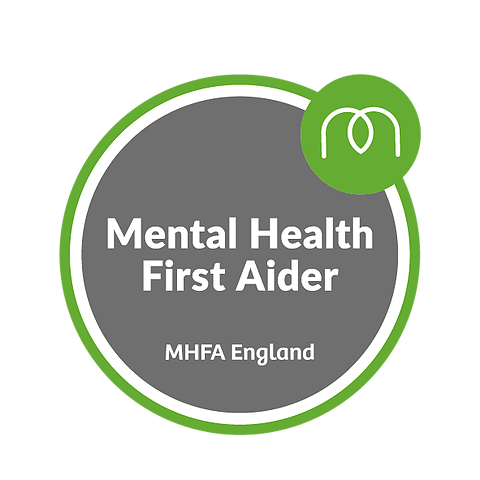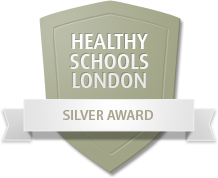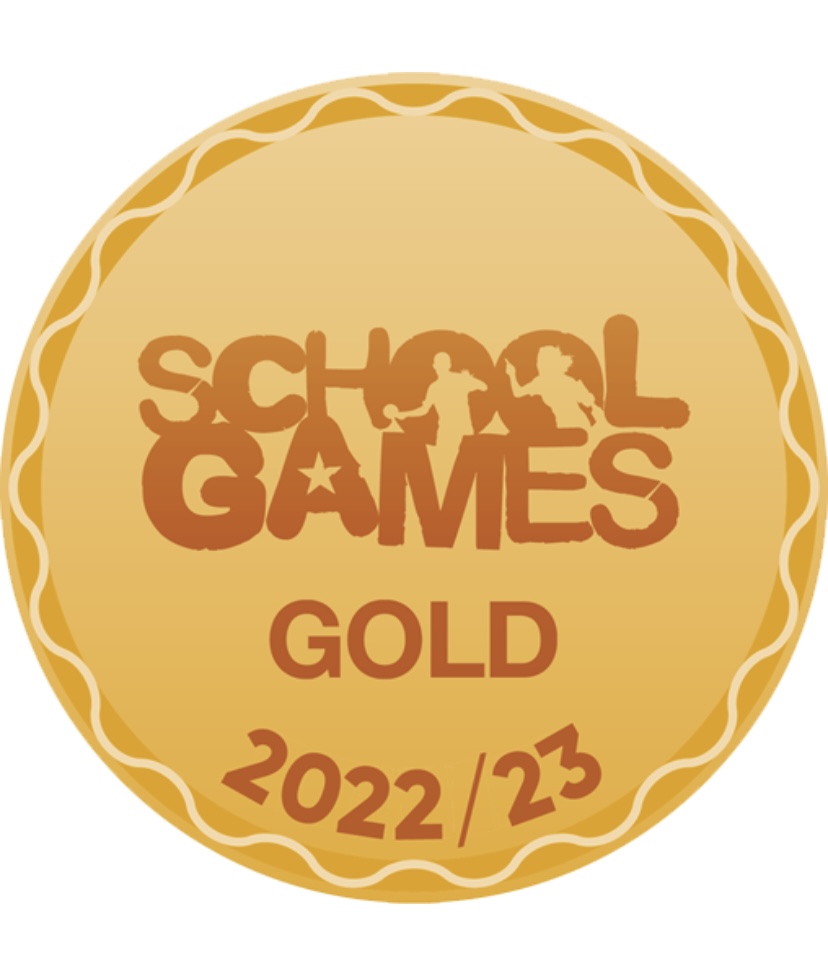Here at Raddlebarn we ensure that we have a sufficient number of suitably trained first aiders to care for employees and pupils in case they are injured.
First aiders are trained and qualified to carry out the role and are responsible for:
- Acting as first responders to any incidents; they will assess the situation where there is an injured person, and provide immediate and appropriate treatment
- Sending pupils or staff home to recover, where necessary
- Filling in a minor injuries log or accident report on the same day, or as soon as is reasonably practicable, after an incident
- Our school’s first aider’s names will be displayed prominently around the school
The Head teacher is responsible for:
- Ensuring that an appropriate number of trained first aid personnel are present in the school at all times.
- Ensuring that first aiders have an appropriate qualification, keep training up to date and remain competent to perform their role.
- Ensuring all staff are aware of first aid procedures.
- Ensuring appropriate risk assessments are completed and appropriate measures are put in place.
- Ensuring that adequate space is available for catering to the medical needs of pupils.
- Reporting specified incidents to the HSE when necessary.
Staff School staff are responsible for:
- Ensuring they follow first aid procedures.
- Ensuring they know who the first aiders in school are.
- Completing a minor injuries log for all incidents they attend to where a first aider is not called.
- Informing the Head teacher or Inclusion & Pastoral Leader of any specific health conditions or first aid needs
First aid procedures
In the event of an accident resulting in injury:
- The closest member of staff present will assess the seriousness of the injury and seek the assistance of a qualified first aider, if appropriate, who will provide the required first aid treatment.
- The first aider, if called, will assess the injury and decide if further assistance is needed from a colleague or the emergency services. They will remain on scene until help arrives.
- The first aider will also decide whether the injured person should be moved or placed in a recovery position.
- If the first aider judges that a pupil is too unwell to remain in school, parents will be contacted and asked to collect their child. Upon their arrival, the first aider will recommend next steps to the parents.
- If emergency services are called, the office will contact parents immediately.
- If an ambulance is called or the first aider recommends to the parent that the pupil should attend hospital, the admin assistant will complete an accident report form on the same day or as soon as is reasonably practical after an incident resulting in an injury. This is then emailed to schoolsafety@birmingham.gov.uk within 15 working days of incident or accident.
Emergency procedure and liaison with the ambulance
In the case of serious or potentially serious injuries, professional medical assistance will be sought at the earliest possible time so as to avoid the danger of inappropriate diagnosis or treatment. All staff know how to call the emergency services. Staff will not take children to hospital in their own car; it is safer to call an ambulance. A member of staff will accompany the child to hospital by ambulance and stay until a parent or guardian arrives. Health professionals are responsible for decisions on medical treatment where a child’s parent or guardian is unavailable.
Head injuries
Injuries to the head need to be treated with particular care. Any evidence of the following symptoms may indicate a serious injury and an ambulance called:
- Unconsciousness, or lack of full consciousness (e.g. difficulty keeping eyes open)
- Confusion
- Strange or unusual behaviour such as sudden aggression
- Any problems with memory
- Persistent headache
- Disorientation, double vision, slurred speech or other malfunction of the senses.
- Nausea and vomiting
- Unequal pupil size
- Pale yellow fluid or watery blood coming from ears or nose
- Bleeding from scalp that cannot quickly be stopped
- Loss of balance
- Loss of feeling in any part of body
- General weakness
- Seizure or fit
Where a pupil receives a head injury their parent/carer will be informed straight away by telephone.
